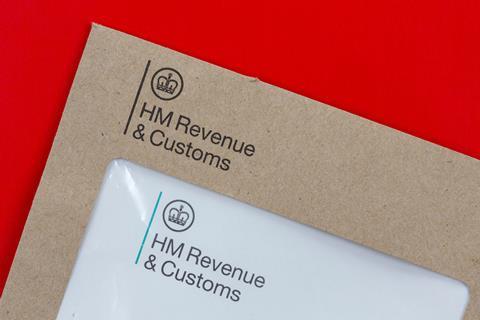HM Revenue & Customs has retreated on plans to close a national insurance tax ‘loophole’ for LLPs, a move likely to be welcomed by many law firms fearing backdated bills.
Currently, if an individual is deemed to be an employee, their employer must pay national insurance contributions, the rate of which the government increased by 1.2 percentage points to 15% from 6 April.
Most LLP members are treated as self-employed for national insurance purposes and pay the lower Class 4 rate. This can be achieved by making capital contributions of above 25% of their profit share to the limited partnership. If contributions are below that, then under what is known as Condition C, members can be deemed employees.
Last February, HMRC changed its guidance to say that purposefully failing the condition by making excessive capital contributions could fall foul of tax avoidance rules. But in an email seen by the Financial Times, HMRC has confirmed it will amend its guidance to reverse the changes.
Peter Noyce, a partner and legal specialist at accountancy firm Menzies LLP, told the Gazette he welcomed the move, adding that ‘clumsily worded guidance or legislation can bring others into play rather than just the target.

Noyce added: 'The previous tightening of the underlying language from HMRC was a disappointment at the time, as I always assumed this was not aimed at law firms, or accountancy firms for that matter, but where artificial partnerships were set up seeking commercial/tax advantage. In cases where it is a staging post to full equity - and it often is in law firms - then I could not see it as a credible challenge. While obviously individual cases/circumstances will be different, I am pleased with the announcement that HMRC are reversing their previous statements of last February.'
However, Noyce cautioned: ‘I would not rule out a different approach to try and achieve the same effect through later tax legislative changes, but these should be aimed at those looking to gain that commercial/tax advantage, when they should be paying employers’ national insurance, for example.’
An HMRC spokesperson said: ‘Having conducted a thorough review and listened carefully to industry representatives, we’ve decided that the anti-avoidance rule does not apply where top-ups are genuine, intended to be enduring and give rise to real risk.’



























No comments yet